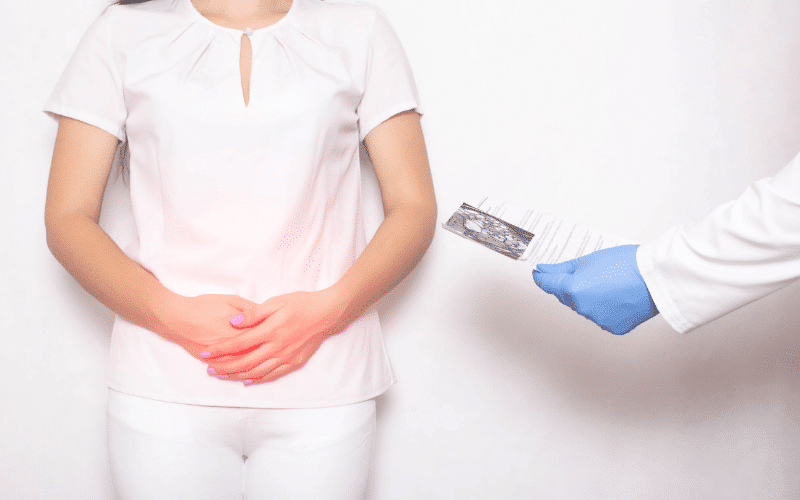Frequently Asked Questions about Diverticulosis

1. What is diverticulosis, and how is it different from diverticulitis?
Diverticulosis refers to the presence of small pouches, known as diverticula, in the lining of the colon. It is a common digestive condition that often has no symptoms. Diverticulitis, on the other hand, occurs when these diverticula become inflamed or infected, leading to pain, fever, and other symptoms. Diverticulitis is a more severe condition that requires medical intervention.
2. Can diverticulosis be cured or reversed?
While there is no cure for diverticulosis, lifestyle changes, such as adopting a high-fiber diet and engaging in regular physical activity, can help manage the condition and prevent complications. In some cases, the presence of diverticula may be asymptomatic, and no treatment may be necessary. It’s essential to work with your healthcare provider to determine the best approach for managing diverticulosis based on your individual circumstances.
3. Can I prevent diverticulosis?
While you may not be able to prevent diverticulosis entirely, especially if you have a genetic predisposition, there are steps you can take to reduce your risk. These include consuming a high-fiber diet, engaging in regular physical activity, maintaining a healthy weight, quitting smoking, managing stress, and limiting your consumption of red meat.
4. Do I need to follow a specific diet if I have diverticulosis?
A high-fiber diet is generally recommended for individuals with diverticulosis. Consuming at least 25 grams of fiber daily for women and 38 grams for men can help promote regular bowel movements and reduce the pressure on the colon. Fiber-rich foods include fruits, vegetables, whole grains, and legumes. It’s also important to stay well-hydrated and practice moderation in your consumption of red meat.
5. Can diverticulosis lead to complications?
In some cases, diverticulosis can lead to complications, such as diverticulitis, an inflammation or infection of the diverticula, or bleeding from the diverticula. If you experience symptoms such as severe abdominal pain, fever, or rectal bleeding, it’s essential to seek medical attention promptly. Early diagnosis and treatment can help prevent more severe complications and ensure proper management of the condition.
Conclusion: Taking Charge of Your Gut Health
Understanding the top 10 causes of diverticulosis is essential for maintaining good gut health and reducing your risk of developing this common digestive condition. By making informed choices about your lifestyle, diet, and overall well-being, you can help keep your colon healthy and prevent the formation of diverticula.
Remember to prioritize a high-fiber diet, engage in regular physical activity, manage stress, maintain a healthy weight, and avoid smoking to protect your gut health. Additionally, be mindful of your family history, monitor your use of certain medications, and seek guidance from healthcare professionals to help minimize your risk of diverticulosis. By taking a proactive approach to your gut health, you can reduce the likelihood of developing diverticulosis and enjoy a healthier, happier life.